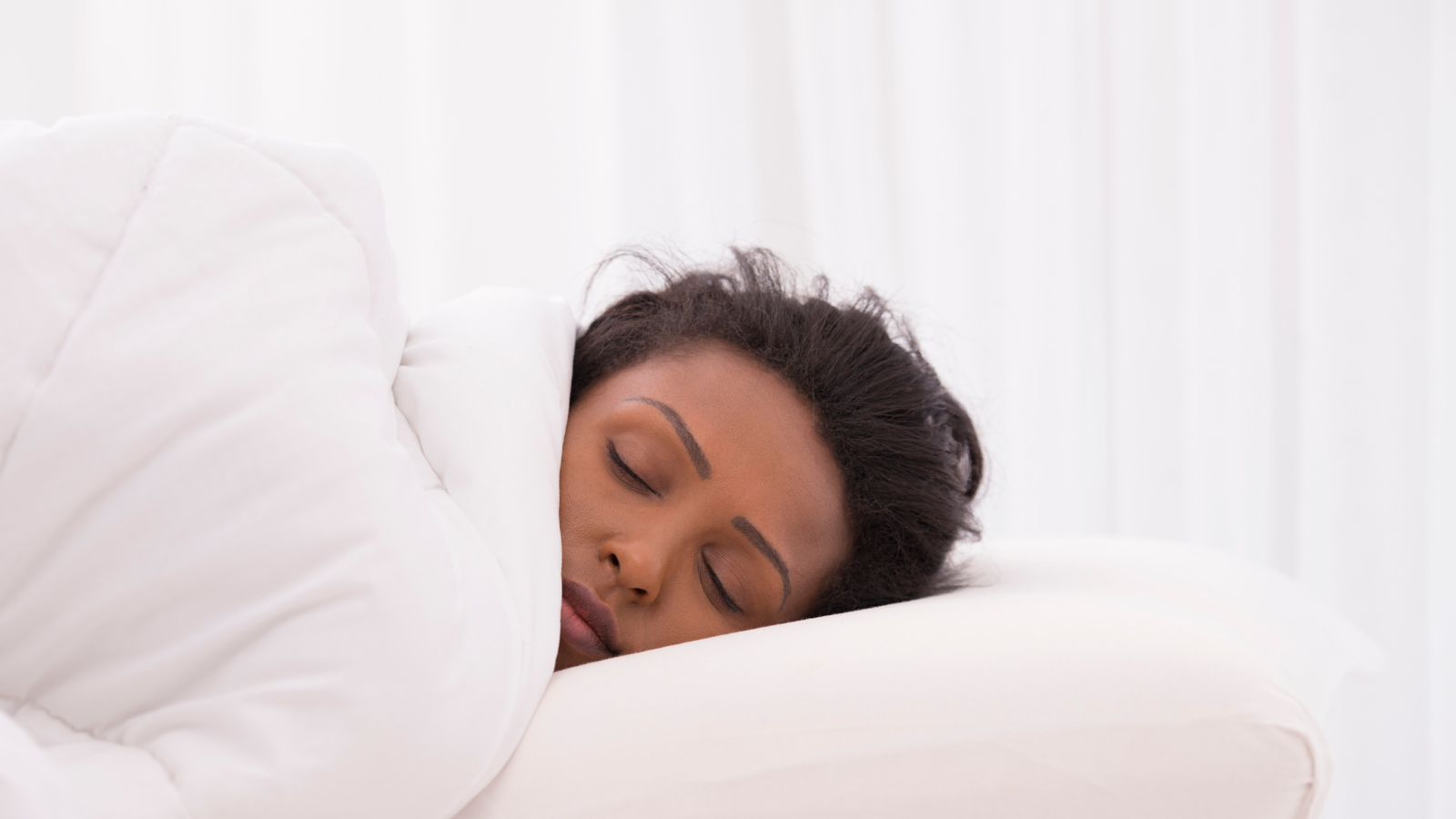
Getting a good night’s sleep in winter seems like the most natural thing in the world. After all, it’s the season of hibernation, warm blankets, and snuggling down under the duvet to block out the cold weather outside.
But does more ‘Brrrr’ actually mean more ‘Zzzzzz’? Do we really need more sleep in winter? The answer is yes, and no.
Here comes the sun
Experts agree, there is no actual physical or biological need for us to sleep more in winter. It’s just that, as creatures wholly dependent on the sun, our body clocks are set by it, and the change in day lengths over the year can affect both how long we sleep and, interestingly, how well.
Research has found that, on average, we sleep around one hour longer in winter than in summer.1 We also experience more rapid eye movement (REM) sleep in winter – around 30 minutes per night. REM sleep is typically when we dream; a time when our brains are more active and thought to be dealing with memory formation and regulating our immune function, among other things.
However, quality will always beat quantity, and for many of us the change in seasons can severely interfere with our ability to get a decent night’s rest.
Wake up calls
Sleep is vital for both our physical and mental health, helping our bodies and brains to resolve, repair and recover for the next day. A good night’s sleep can lift our mood, enhance our actions, and boost our immune system.
But as creatures of habit, we’re primed for regularity of routine, which is why the shifting seasons can also upset our sleep habits. And, in extreme cases, this can be very bad news.
Chronic sleep deprivation has been directly linked to a variety of debilitating health conditions including heart disease, high blood pressure, obesity, diabetes and depression.2
All the more incentive, then, to ensure you get your sleep patterns sorted this winter. With this in mind, here are a few tips to help you drop off easier - and sleep deeper - during the colder months:
1) Get some morning sunlight
Fewer hours of daylight in winter can seriously disrupt your sleep cycle. We need daylight to suppress the production of melatonin - the sleep hormone - in our brains. Too much darkness and your levels of melatonin will start to rise earlier in the day, making you sluggish and sleepy way before it’s time for bed. So try to make the most of the daylight. Soak up as much bright light as you can first thing in the morning, even if it’s just sitting by a window. Similarly, avoid bright light at night, or you may feel too awake to fall asleep.
2) Spend time outdoors
Commuting to and from your workplace in winter can often mean you’re travelling in the dark. And unless you work outside, the chances are you may not see daylight for much of the day, if at all. So make a conscious effort to spend some time outside during daylight hours. Take a walk at lunchtime, or nip out for morning or afternoon tea. Any exposure to light you can manage during the daytime can only improve your sleep quality at night.
3) Cut out the napping
If you do feel the urge to take a cheeky forty winks on a winter afternoon, it might be best to resist that urge, no matter how tired you think you might be. Ditto for lie-ins in the morning. Why? Because sleeping in late or napping could make it much harder for you to fall asleep and stay asleep at night. And then you risk sending things even further off kilter the following day, and so on.
4) Stay active
It stands to reason that exercise improves your sleep quality: you exert yourself, you feel tired at the appropriate time, and you fall soundly asleep. Simple. So try to overcome the fact that the weather is cold, and get yourself moving for at least 30 minutes a day. Whether it’s going to the gym, doing yoga online, swimming in an indoor pool or braving the elements, it’s sure to help you drop off more easily at bedtime.
5) Watch what you eat
Just as the colder weather might put us off exercise, it may also make us more inclined to eat badly, and more copiously. The occasional bout of comfort food is all well and good, but don’t be drawn into eating larger meals on the premise that you’re fuelling yourself up for winter. On a similar note, don’t let yourself edge towards those snacks packed with sugar and carbs. Gaining weight does nothing for the quality of your sleep.
6) Don’t overheat your bedroom
When temperatures drop it can be tempting to turn the heating up full blast, add more layers or dial the electric blanket up to eleven at bedtime. But that’s not always conducive to a good night’s sleep. Your body’s internal thermostat always drops as it prepares to drift off into a deep slumber.1 So keep things cooler, and the chances are you’ll be able to drift off more easily, without all the tossing and turning.
These are just a few tips for getting a quality sleep during winter. Remember, if poor sleep starts to affect you adversely and hinder your daytime activities, talk to your GP or other professional healthcare provider. They’ll have plenty more advice for helping you catch those much-needed winter ZZZZs.
Reference:
1 https://www.frontiersin.org/articles/10.3389/fnins.2023.1105233/full
Other reference:
https://www.health.com/condition/sleep/sleep-better-winter
https://www.healthline.com/health-news/seasonal-sleeping-why-we-need-more-rest-in-the-winter
https://sleepeducation.org/tips-for-sleeping-well-this-winter/
https://www.medicalnewstoday.com/articles/do-we-actually-need-more-sleep-in-the-winter
